Just like many in India prefer to call our country ‘Bharat’, the ancient name that comes from Sanskrit and is deeply rooted in mythology and history, there are many other nations that have their own names, distinct from the versions (read English names) the world commonly recognises. These names are more than just linguistic differences — they carry deep historical, cultural, and national significance. Some are rooted in ancient traditions, others reflect the geography or mythology of the land, and many are a source of immense pride for the people who call these places home.
Let’s take a look at 10 countries and discover the names they hold close to their hearts.
1. Deutschland – Germany
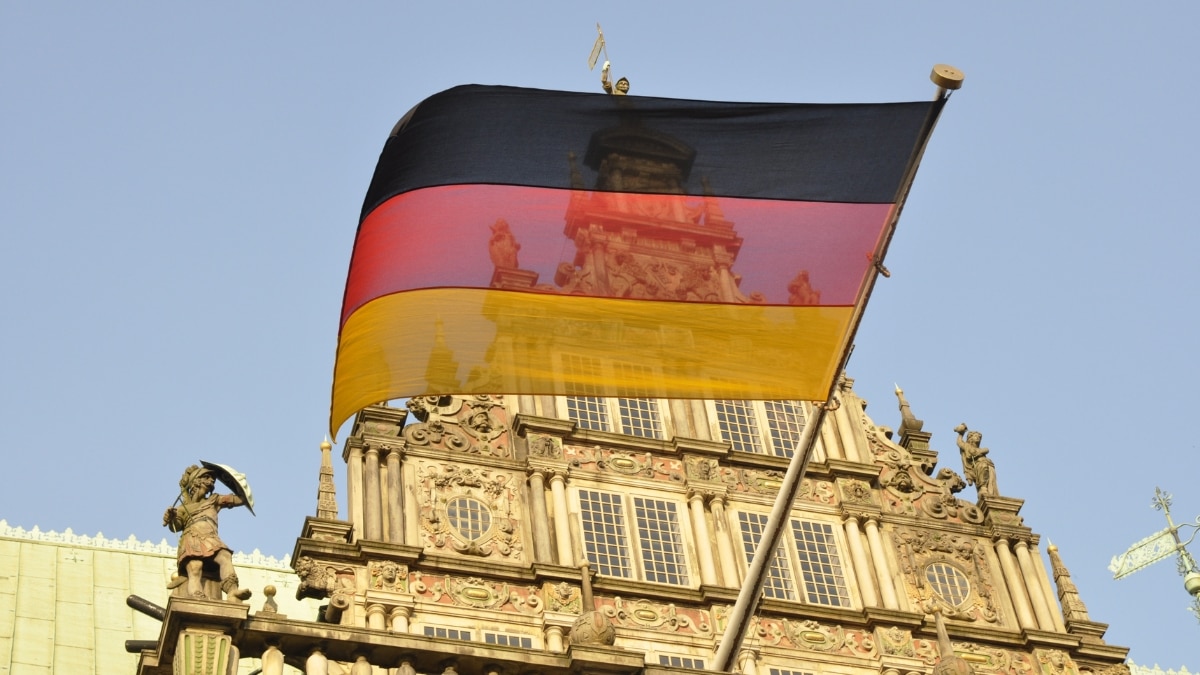
Germans refer to their country as Deutschland. The name comes from Old High German “diutisc”, meaning “of the people”. Germany’s far-right party, AfD, which the world is talking about after its significant show in the recently conducted federal elections where it polled 20.8% of the total votes cast, has Deutschland in its name. AfD stands for Alternative für Deutschland, meaning Alternative for Germany. Outgoing Chancellor Olaf Scholz’s Sozialistische Arbeiterpartei Deutschlands also carries the German name of the country.
2. Misr – Egypt
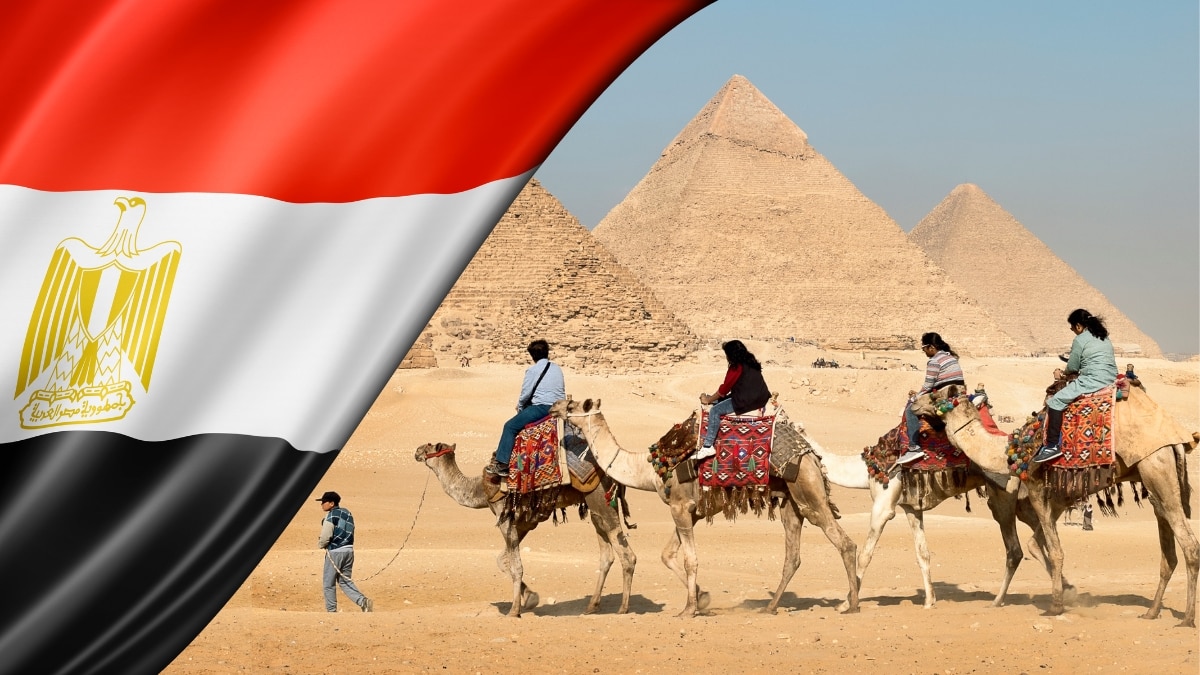
Egyptians commonly refer to their homeland as Misr/Masr, a name used in Arabic. The word has historical significance, tracing back to ancient times, and it reflects the country’s deep cultural and linguistic heritage.
3. Suomi – Finland
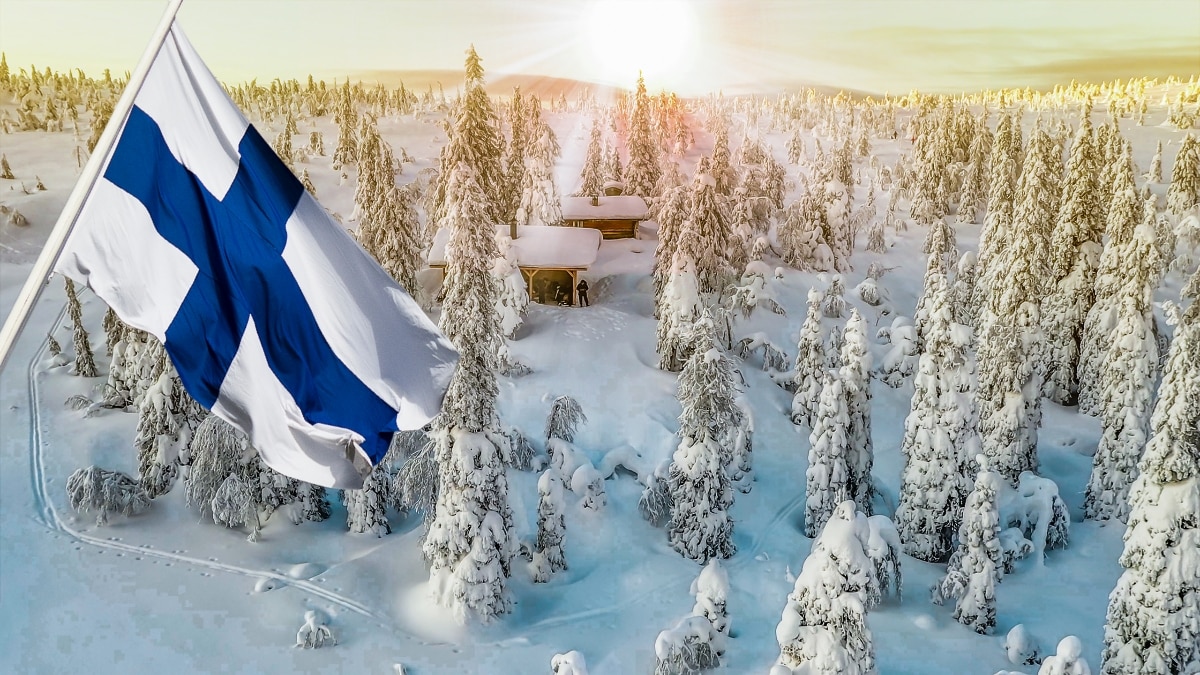
The Finnish people call their homeland Suomi. The origins of the word are debated, but it is a strong symbol of national identity. The country has been referred to as ‘Finland’, or some variation of it, since medieval times, but the Finns still call their nation ‘Suomi’. Incidentally, there was no letter ‘f’ in the original Finnish alphabet.
4. Mzansi – South Africa
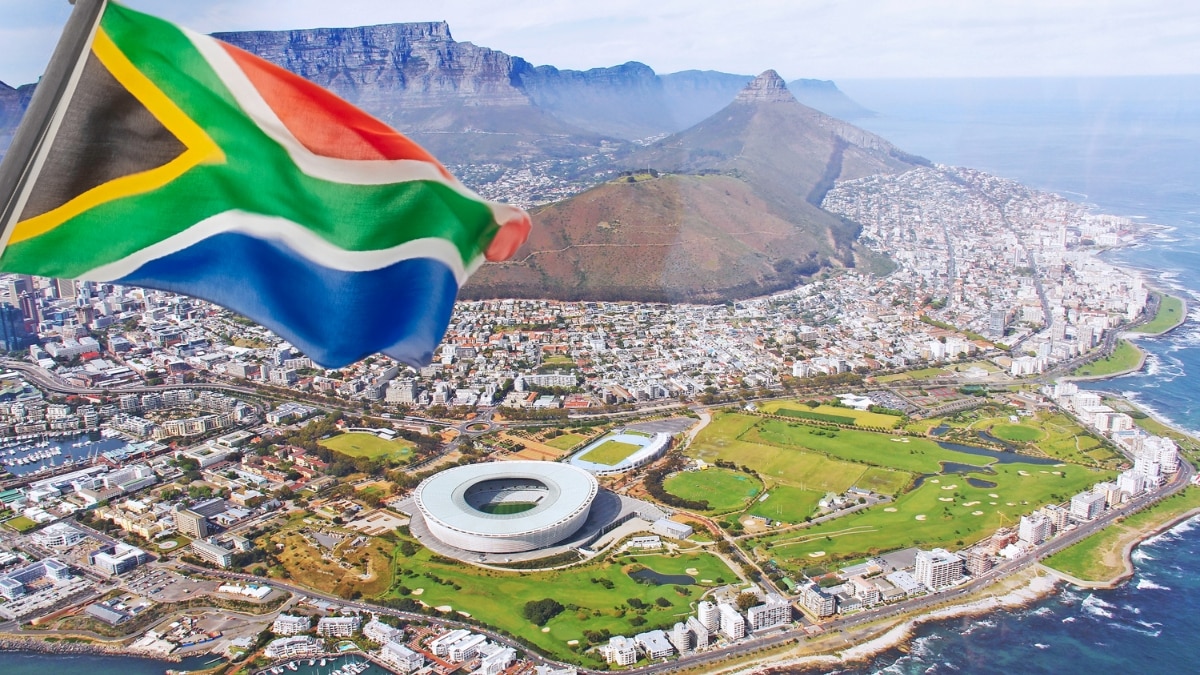
In South Africa, countrymen often refer to their homeland as Mzansi. Derived from the isiXhosa word for “south”, Mzansi is a name that carries pride and cultural identity, often appearing in music, media, and everyday conversation.
5. Nihon/Nippon – Japan
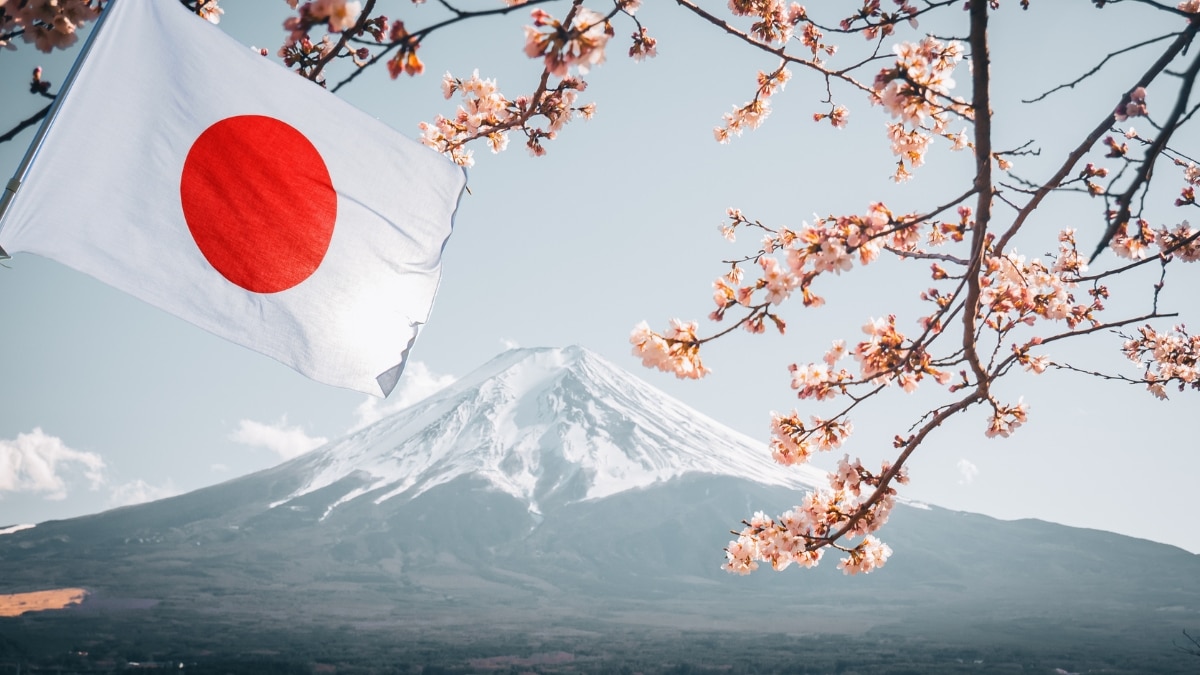
We all know Japan is called ‘the land of the rising sun’. Its local name Nihon, or Nippon, literally means “origin of the sun”. It is this name that appears on Japan’s official currency, stamps, and international sports teams’ jerseys.
6. Zhongguo – China
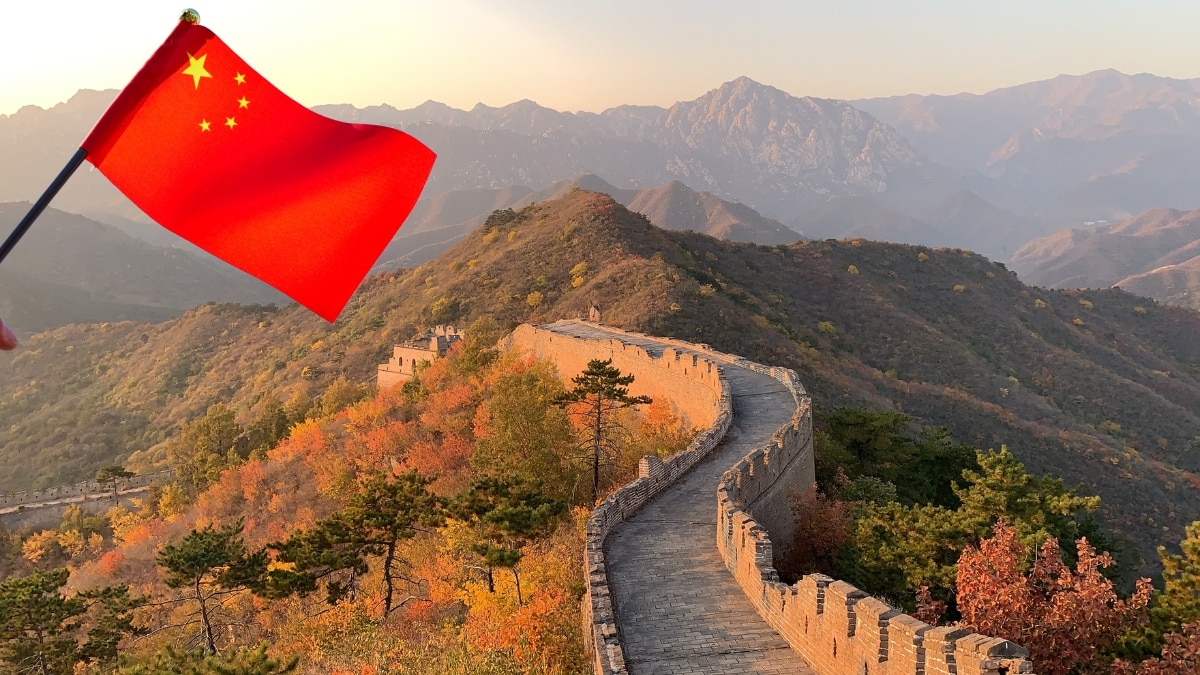
In Mandarin Chinese, China is called Zhōngguó, translates to “central state or states”, or a more poetic “Middle Kingdom”. This name reflects an ancient belief that China was the cultural and political centre of the world.
7. Hellas – Greece
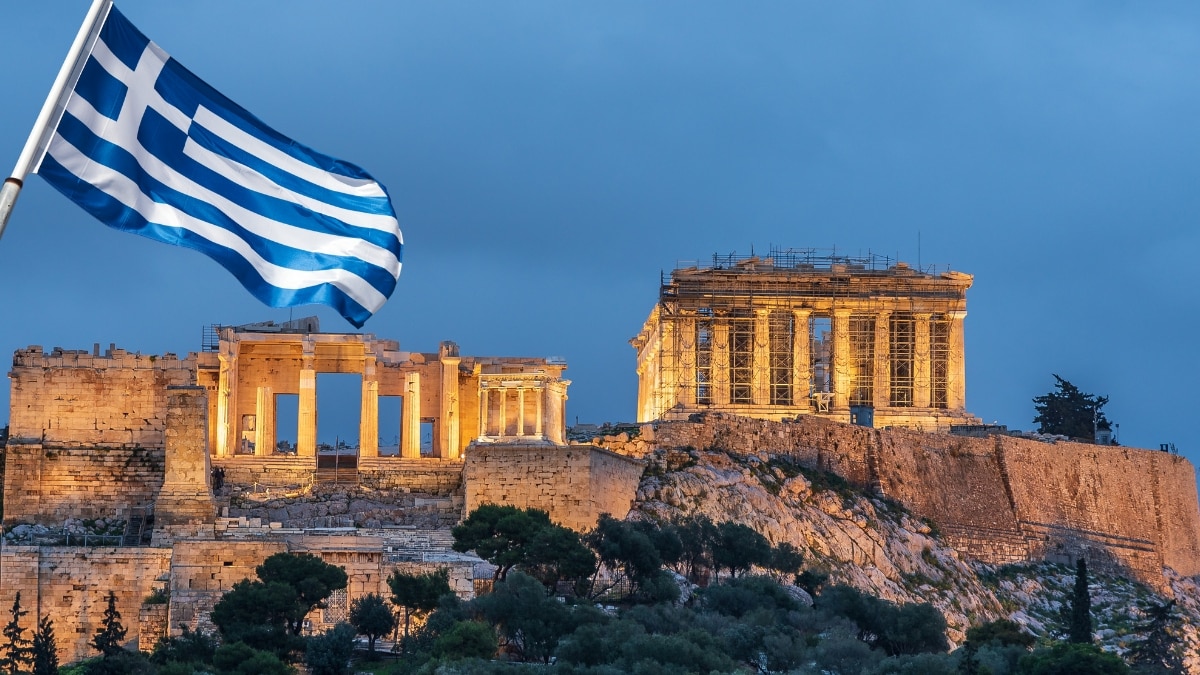
While the world calls it Greece, locals refer to their country as Hellas or Ellada. The name originates from ancient Greek civilisation and is still used in official and cultural contexts.
8. Magyarország – Hungary
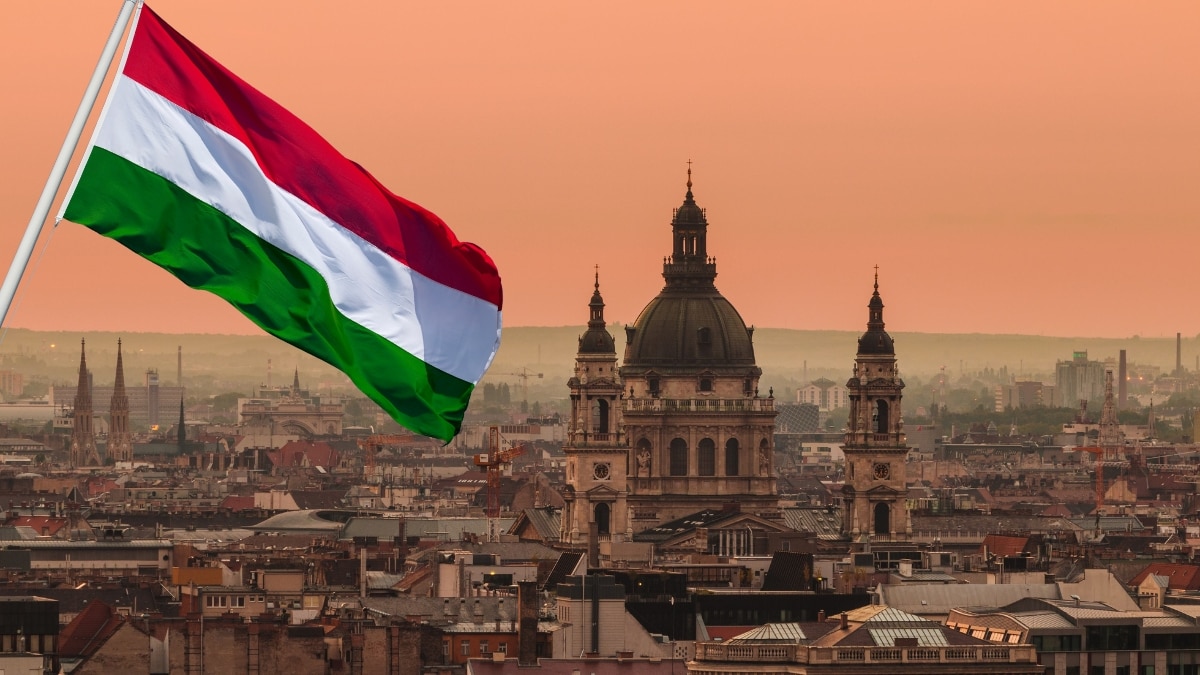
In Hungary, the country is called Magyarország, meaning “land of the Magyars.” The name reflects the heritage of the Magyar tribes who settled in the region over a thousand years ago.
9. Al-Urdun – Jordan
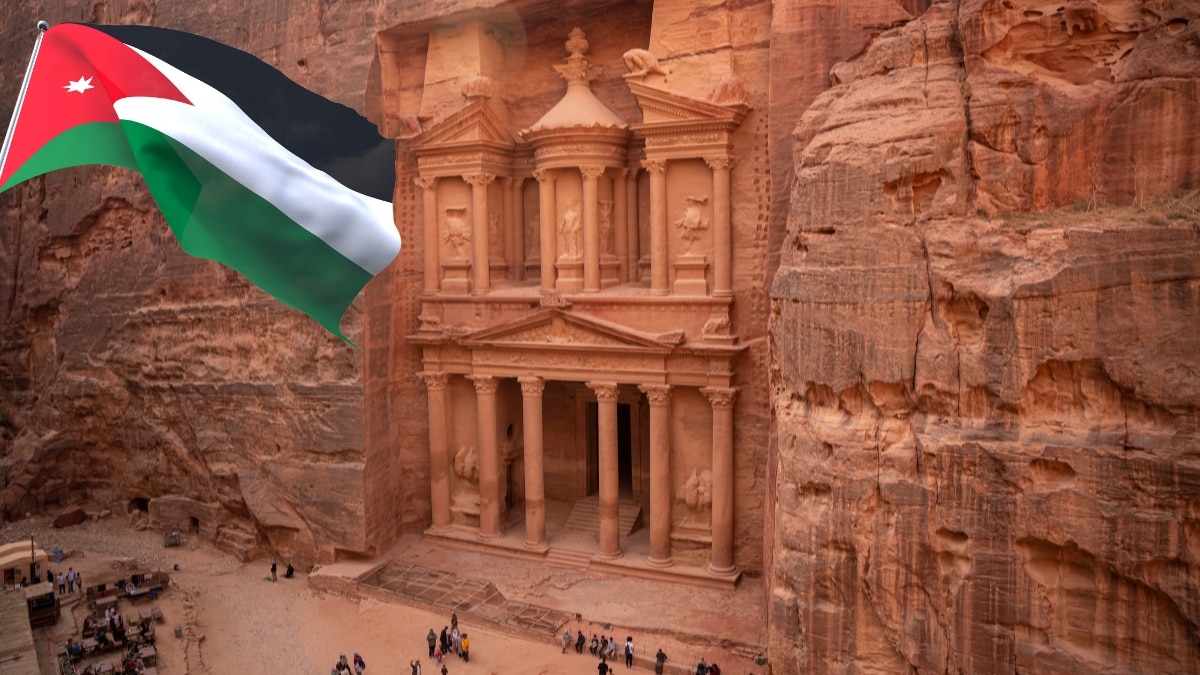
The Hashemite Kingdom of Jordan is locally known as Al-Urdun in Arabic. The name comes from the Jordan River, which holds deep historical, religious, and geographical significance in the region. Al-Urdun reflects the country’s rich cultural heritage, from its Bedouin traditions to its historical role in the Middle East.
10. Sverige – Sweden
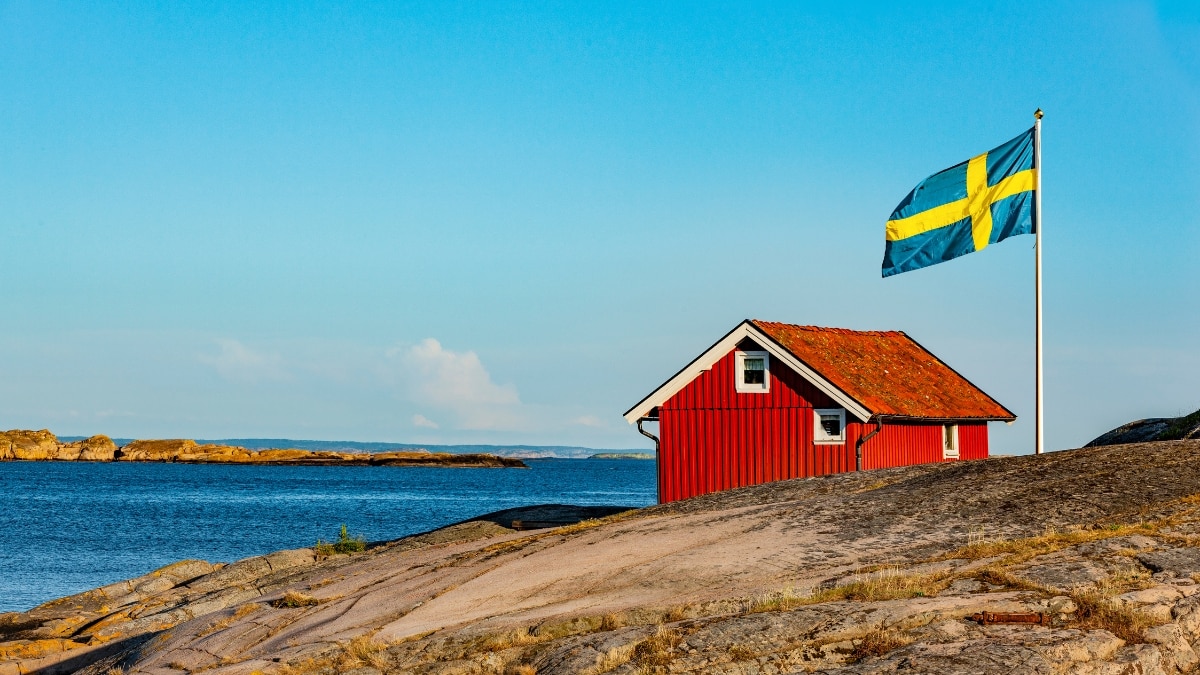
In Swedish, the country is called Sverige, pronounced “sveh-ree-eh”. The name derives from Svea, the powerful warlike tribe that ruled the region around 500 AD. Swedes call their land Sverige, which means “land of the Svea”.

